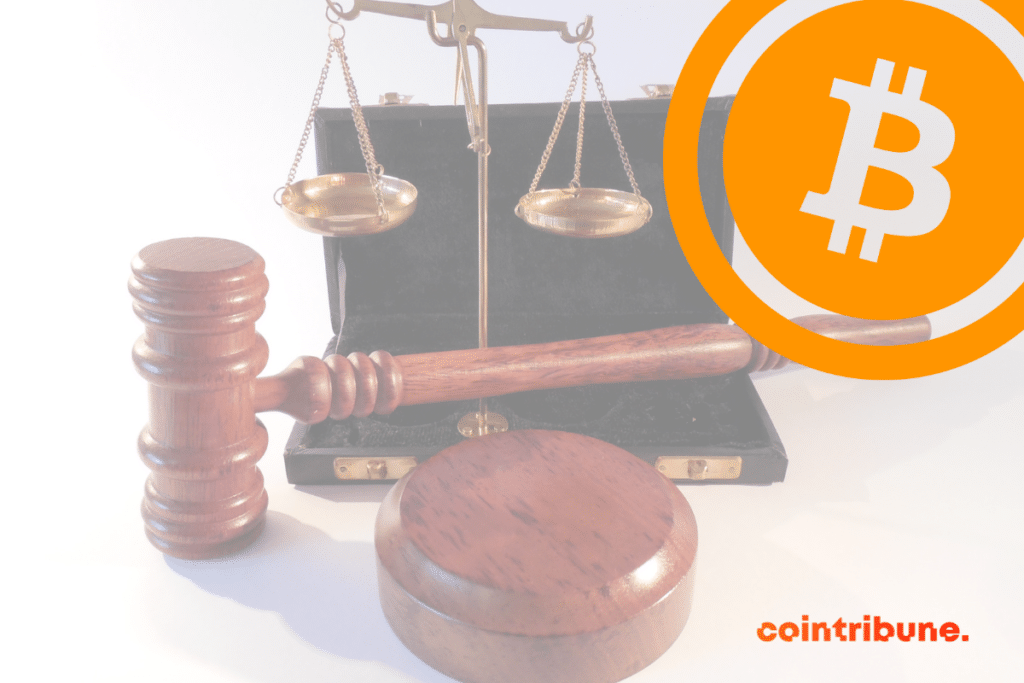Why are compliance regulations essential in the crypto industry?
During the last few years, the cryptocurrency industry has grown exponentially. The number of users joining the crypto world daily is rapidly increasing.

According to some studies, 4.2% of the population currently own digital assets, and nearly 420 million users have joined the cryptocurrency industry.
Due to the rapid expansion of the cryptocurrency industry, legislators worldwide have been working hard during the last couple of years to create different new regulations.
Regulations play a key role in the new digital asset markets, helping companies keep users safe from potential financial crimes like money laundering.
The role of the FATF in the crypto industry
Compliance regulations can be described as rules or laws that companies must follow to avoid potential crimes like financial fraud and money laundering.
Usually, each country has its own set of compliance rules managed by the local compliance regulator.
The primary compliance regulator is the Financial Action Task Force or FATF. According to its official website, the FATF, can be described as “the global money laundering and terrorist financing watchdog.”
The FATF’s primary role is to set international compliance standards, such as the Travel Rule, that countries must follow to avoid financial crimes from taking place.
Antonio Palacio, Managing Director of Bitsa, stated:
“Crypto scammers worldwide are evolving fast by developing new techniques for committing fraud and different financial crimes. Different compliance techniques such as KYC play a key role in the cryptocurrency market, helping companies keep their business and users in a safe space.”
The Travel Rule, also known as the FATF Recommendation 16, establishes the obligations for VASPs to disclose certain information while participating in a transaction.
According to the FATF, a VASP, also known as a Virtual Asset Provider, can be defined “as a business that conducts one or more of the following actions on behalf of its clients.”
- Exchange between virtual assets and fiat currencies
- Exchange between one or more forms of virtual assets
- Transfer of virtual assets
- Safekeeping and administration of virtual assets or instruments enabling control over virtual assets
- Participating in and providing financial services related to an issuer’s offer and/or sale of a virtual asset
Under the Travel Rule, Virtual Asset Providers must collect and disclose certain users’ information while enhancing transactions of 1000 euros or more.
For Virtual asset transfers under the amount of 1000 euros, VASPs must collect:
- The name of the originator (sender) and the beneficiary (recipient)
- The VA wallet address for each or a unique transaction reference number
- Such information does not need to be verified unless there are suspicious circumstances related to ML/TF, in which case information pertaining to the customer should be verified.
For transfers exceeding the amount of 1000 euro, VASPs must collect:
- Originator’s name
- Originator’s account number for the account used to process the transaction (e.g., wallet address)
- Originator’s physical (geographical) address; national identity number; customer identification number (i.e., not a transaction number) that uniquely identifies the originator to the ordering institution; or date and place of birth
- Beneficiary’s name
- Beneficiary’s account number for the account used to process the transaction (e.g., wallet address)
Conclusion
The cryptocurrency market is evolving fast, and legislators and regulators are working hard to keep up with the cryptocurrency market evolution. Compliance regulations play a vital role in the safety of companies’ businesses and users worldwide. Local regulators must implement the international compliance standards established by the FATF, such as the Travel Rule, to help companies stop financial crimes like money laundering from taking place. At the time of writing, the author held the following position: John Allan – Currently Communications & Media Manager.
Maximize your Cointribune experience with our "Read to Earn" program! For every article you read, earn points and access exclusive rewards. Sign up now and start earning benefits.
The Cointribune editorial team unites its voices to address topics related to cryptocurrencies, investment, the metaverse, and NFTs, while striving to answer your questions as best as possible.
The views, thoughts, and opinions expressed in this article belong solely to the author, and should not be taken as investment advice. Do your own research before taking any investment decisions.